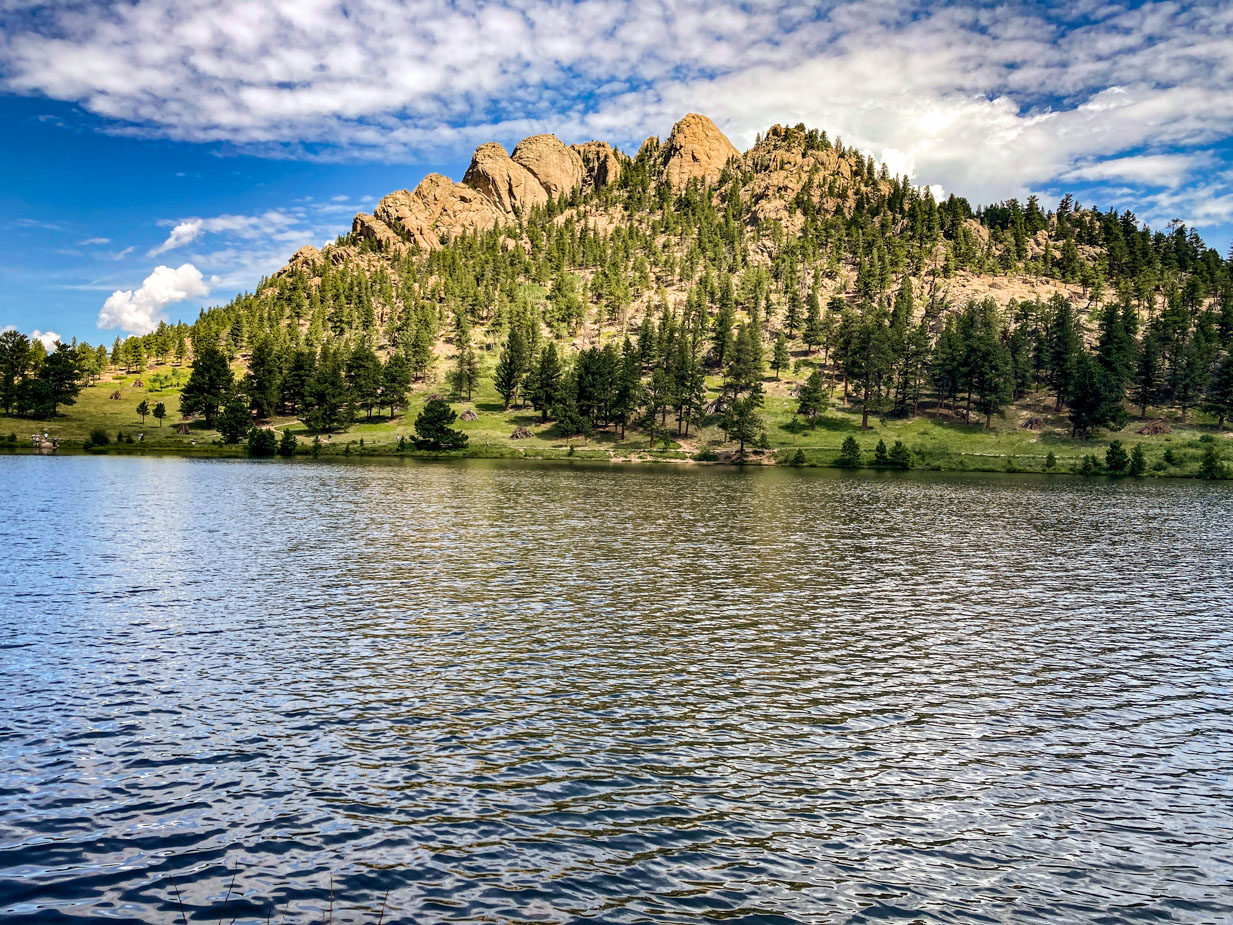

 ©Kris Gerbrandt
©Kris Gerbrandt
Chapter 27:1-8 (ESV) - Now Moses and the elders of Israel commanded the people, saying, “Keep the whole commandment that I command you today. And on the day you cross over the Jordan to the land that the LORD your God is giving you, you shall set up large stones and plaster them with plaster. And you shall write on them all the words of this law, when you cross over to enter the land that the LORD your God is giving you, a land flowing with milk and honey, as the LORD, the God of your fathers, has promised you. And when you have crossed over the Jordan, you shall set up these stones, concerning which I command you today, on Mount Ebal, and you shall plaster them with plaster. And there you shall build an altar to the LORD your God, an altar of stones. You shall wield no iron tool on them; you shall build an altar to the LORD your God of uncut stones. And you shall offer burnt offerings on it to the LORD your God, and you shall sacrifice peace offerings and shall eat there, and you shall rejoice before the LORD your God. And you shall write on the stones all the words of this law very plainly.”
Question to consider: What do you think mountains represent in scripture?
Mount Ebal was located above the valley of Shechem in what would become northern Samaria. It stood opposite Mount Gerizim which was by Jacob’s Well where Jesus had an encounter with the Samaritan woman. If you look up Sychar and Jacob’s well on a biblical map, you can get an idea of where Israel was going to cross over the Jordan river. This was near the center of the promised land.
Mountains seemed to have great significance in scripture, and often earthly temples were either built on a mountain or considered mountains in themselves. Mount Zion is where the Jerusalem temple was built. Mount Gerizim was considered to be the place where the Samaritans believed God should be worshiped. Jesus responded to the woman at the well, “But the hour is coming, and is now here, when the true worshipers will worship the Father in spirit and truth, for the Father is seeking such people to worship him.” (John 4:23)
In the case of Mount Ebal, anyone who lived directly beyond the Jordan river would see the altar and stones and know they were no longer entering into the land of Canaan but the land of Israel, the people who belong to the one true God. While Israel was wandering in the wilderness for a generation, the surrounding nations could see them growing in number and took notice of their defeat of the Amorites. One such reaction is written in Numbers 22:1-6, “Then the people of Israel set out and camped in the plains of Moab beyond the Jordan at Jericho. And Balak the son of Zippor saw all that Israel had done to the Amorites. And Moab was in great dread of the people, because they were many. Moab was overcome with fear of the people of Israel. And Moab said to the elders of Midian, ‘This horde will now lick up all that is around us, as the ox licks up the grass of the field.’ So Balak the son of Zippor, who was king of Moab at that time, sent messengers to Balaam the son of Beor at Pethor, which is near the River in the land of the people of Amaw, to call him, saying, ‘Behold, a people has come out of Egypt. They cover the face of the earth, and they are dwelling opposite me. Come now, curse this people for me, since they are too mighty for me. Perhaps I shall be able to defeat them and drive them from the land, for I know that he whom you bless is blessed, and he whom you curse is cursed.’” Of course, we know that Balaam ended up blessing Israel rather than cursing them.
I find it interesting that the first things people would understand about the God of Israel were His commandments and His altar of peace— His Law and Gospel. The Law not only shows us how to live, but its ultimate purpose is to show us our sin. The altar was God’s remedy for sin. Today, we would say the Law shows us our need for Jesus, and the Gospel gives us Jesus. Thus, we live in such a way that we seek to confess our sins, repent of them and receive absolution and the peace (shalom) with God that only Christ can give.
Dear heavenly Father, thank You for giving us a remedy for sin so that we can be at peace with You. We look forward to the day when there is no more sin and death, and we can dwell in Your house forever. Amen.